How is the cost-performance ratio of BYD electric vehicles? This is one of the most pressing questions in today’s automotive market. As the era of new energy vehicles fully unfolds, BYD has set a new industry benchmark for value for money through its unique technological approach and product strategy. To answer this question, we must conduct a comprehensive analysis across four dimensions: technological innovation, product configuration, usage costs, and brand value.
In terms of technological innovation, BYD’s core strength lies in its comprehensive vertical integration capabilities. From batteries, motors, and electronic control systems to semiconductors, BYD masters the core technologies across the entire new energy vehicle supply chain. The introduction of Blade Batteries has completely resolved safety concerns, elevating the energy density of lithium iron phosphate batteries to new heights. The e-platform 3.0, as a dedicated pure-electric platform, achieves comprehensive optimization from the three-electric systems to the entire vehicle architecture. The DM-i Super Hybrid Technology has broken the Japanese brands’ technological monopoly in the hybrid sector, achieving a perfect balance between ultra-low fuel consumption and powerful performance. The independent R&D of these core technologies has granted BYD dual advantages in cost control and performance.
In terms of product configuration, BYD consistently adheres to the “entry-level models come with high-end features” philosophy. Take best-selling models like the Han, Tang, and Dolphin as examples: all come standard with core features like the DiLink smart connectivity system, VTOL mobile power station functionality, and high-safety Blade batteries. Compared to competitors in the same price range, BYD offers clear advantages in interior space, smart features, and safety equipment. This configuration strategy allows consumers to get more value for less money, truly achieving the market breakthrough of “lower prices, higher quality.”
Operating costs serve as a key metric for evaluating cost-effectiveness. BYD’s pure electric models maintain energy consumption between 12-15 kWh per 100 km. Calculated at residential electricity rates, this translates to a cost of just a few cents per kilometer. Meanwhile, DM-i hybrid models achieve fuel consumption of only 3.8-4.5 L/100 km when running on battery power, significantly outperforming comparable gasoline vehicles. In terms of maintenance, electric vehicles eliminate routine replacements like engine oil and oil filters, reducing upkeep costs by approximately 40% compared to gasoline vehicles. These tangible savings are particularly valuable amid today’s high fuel prices.
Brand value and after-sales support are equally vital components of cost-effectiveness. BYD operates over 1,000 service centers nationwide, offering a 6-year or 150,000-kilometer warranty, with battery packs covered by a lifetime warranty. This comprehensive after-sales network and long-term warranty policy effectively alleviate consumer concerns. As the brand’s influence continues to grow, BYD vehicles’ residual value has steadily increased, further enhancing the overall cost-effectiveness of its products.
Notably, BYD’s cost-effectiveness advantage is not achieved by compromising quality. Instead, it realizes “optimal cost solutions” through mass production, technological innovation, and supply chain integration. For instance, the Blade Battery enhances safety while reducing overall battery pack costs through structural innovation; the e-platform 3.0 employs highly integrated design to minimize wiring harnesses and components, boosting reliability while lowering manufacturing expenses.
How is the cost-performance ratio of BYD electric vehicles? Market feedback demonstrates that BYD has proven its product strength through consistently growing sales. Within the sub-200,000 yuan price range, BYD delivers class-leading range performance, intelligent features, and safety assurances, redefining the value benchmark for new energy vehicles. For practical, cost-conscious consumers, BYD undoubtedly stands as one of the most compelling choices.

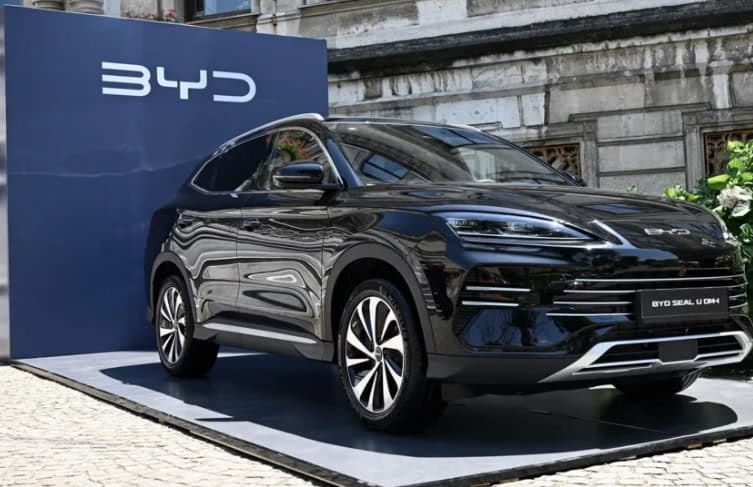

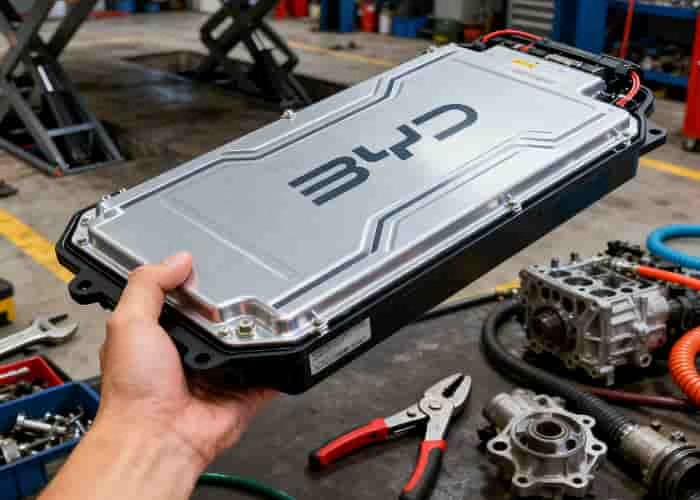
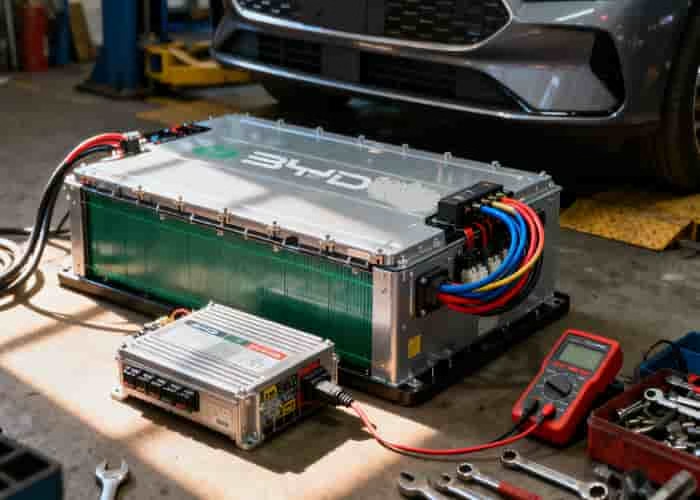






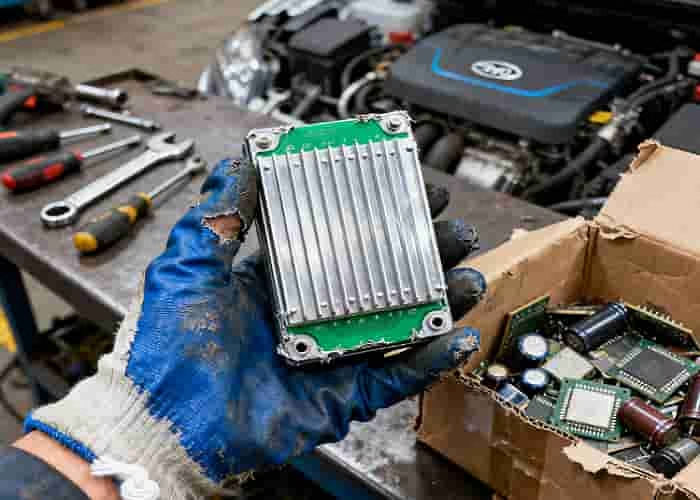

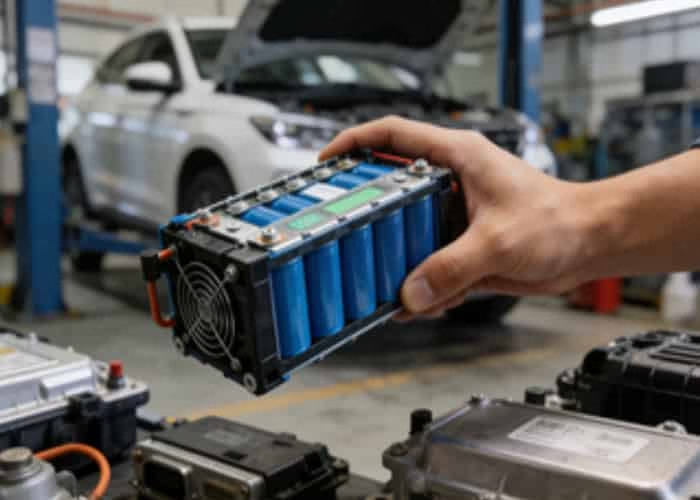
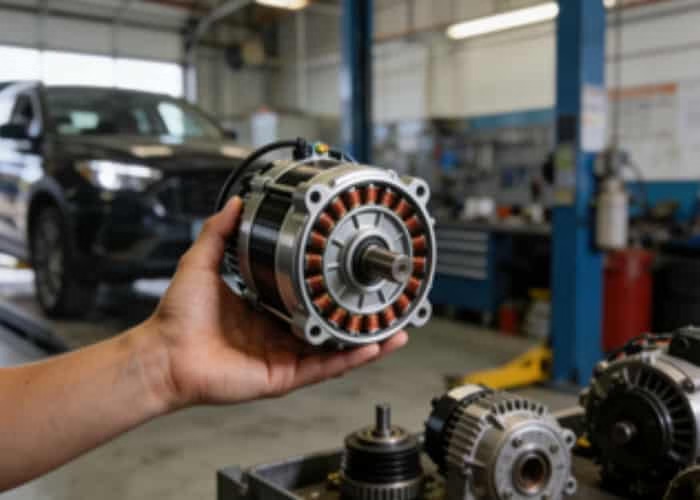
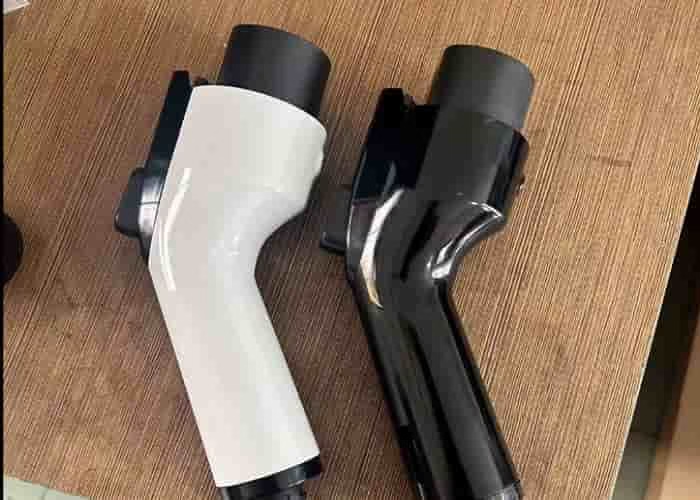
Leave a Reply